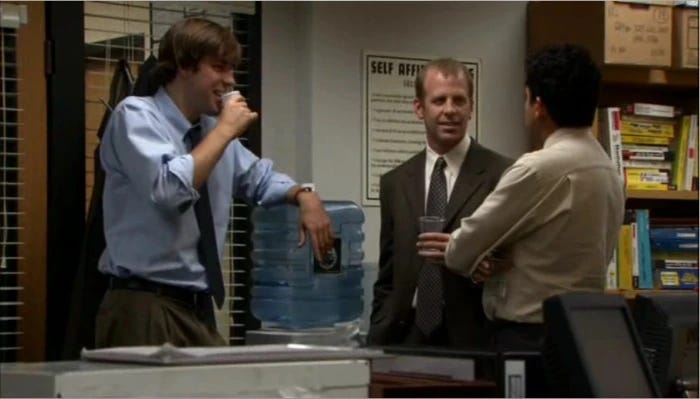Nostalgia is good, actually
Restorative vs. reflective nostalgia
A friend of mine sent me a video showing things that us 90s kids used to do. I did all of them, and somehow so did a lot of other kids. These weren't mediated phenomena. They weren't social media trends - because there was no social media. No influencer started something that was cool for roughly eight minutes before we all collectively moved on to the next cool thing for seven minutes. It just happened.
Why?



